No Screen Parenting: The Hidden Cost of Fitting In
We all know about the danger of introducing screens from an early age — the effects of TV, the way a screen can become a free babysitter. My blog is not about that. I’m not here to discover America for you.
I want to dig deeper. Our choices of parenting philosophy — what do they really reveal about us?
My grandma used to say in Russian: «Всё хорошо в меру» (everything is good in moderation). I’m not suggesting you suddenly start introducing screens if you’re doing fine without them. What I am saying is this: when the choice becomes rigid, it can make parenting more stressful than supportive.
Sometimes the “no screen” rule becomes less about our child and more about fitting in with our mom friends. If everyone around you is proudly “screen-free,” it can feel like you’ll be judged if you admit your child watches cartoons while you shower. And so the rule becomes about belonging — not just about development.
Maybe it’s time to notice how much we shame ourselves when it comes to parenting choices, as if every decision carries the weight of a lifelong strategic plan. And if we judge ourselves too harshly, guess what? We’ll end up judging others the same way.
Yes, screens are “bad.” But so is living in a polluted city, riding a train that damages your ears, or breathing air filled with toxins. If we only look at what’s “bad for the child,” we’re missing half the picture: the parent. Because a constantly exhausted, shamed, and rigid parent can be just as harmful as a few extra minutes of screen time.
It gets depressing if we only tally up the dangers. Maybe it’s time to notice the pressure we put on ourselves — and bring in more compassion and acceptance. Screens are bad, and yet turning on a show once in a while is not a criminal activity. We don’t have to shame ourselves, and we don’t have to shame other parents.
In the end, what matters most is not perfection, but presence. A parent who can breathe, laugh, and offer warmth will always outweigh a rigid rule.

